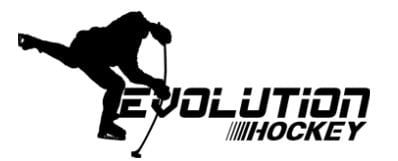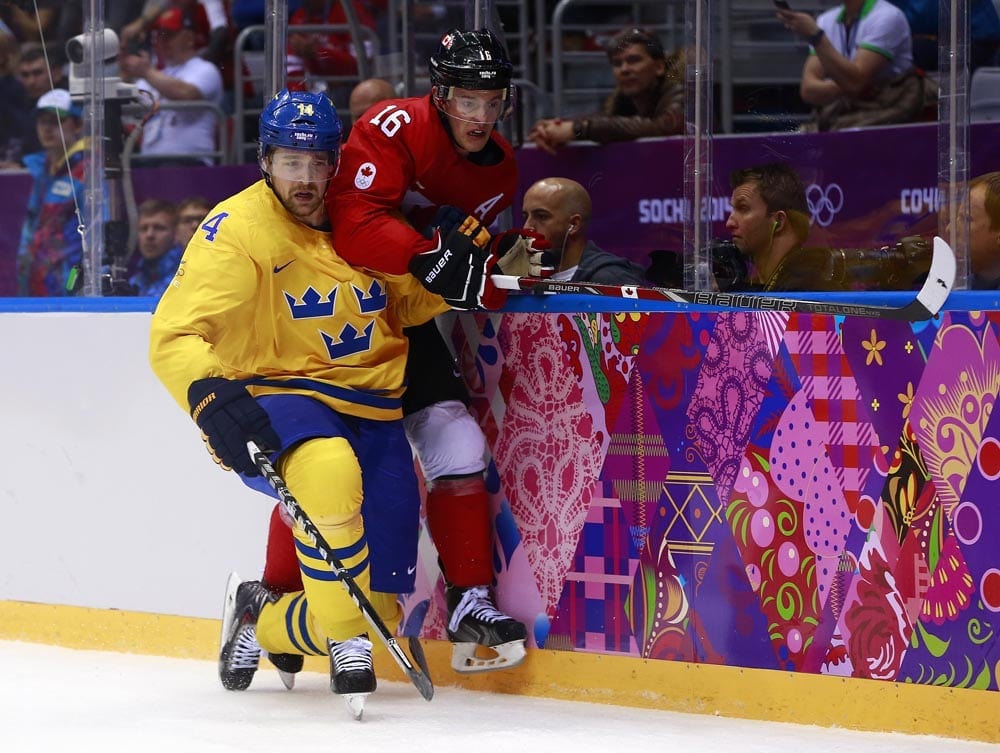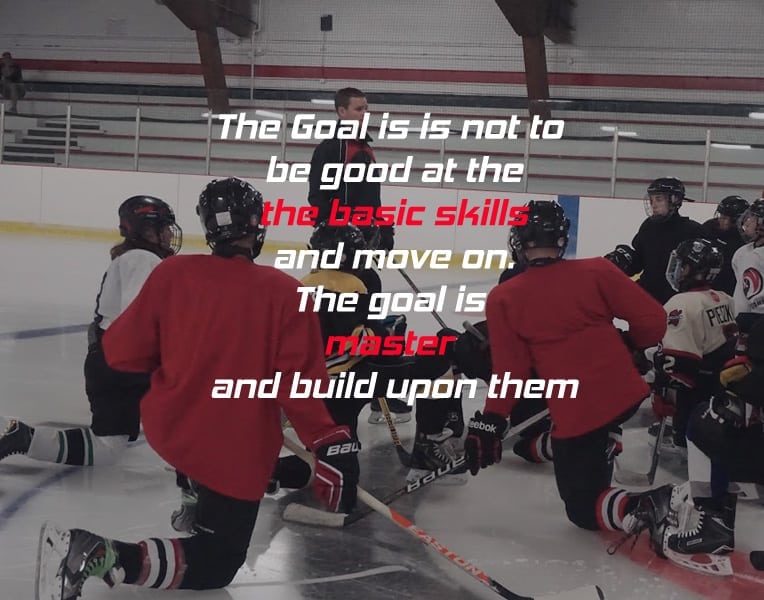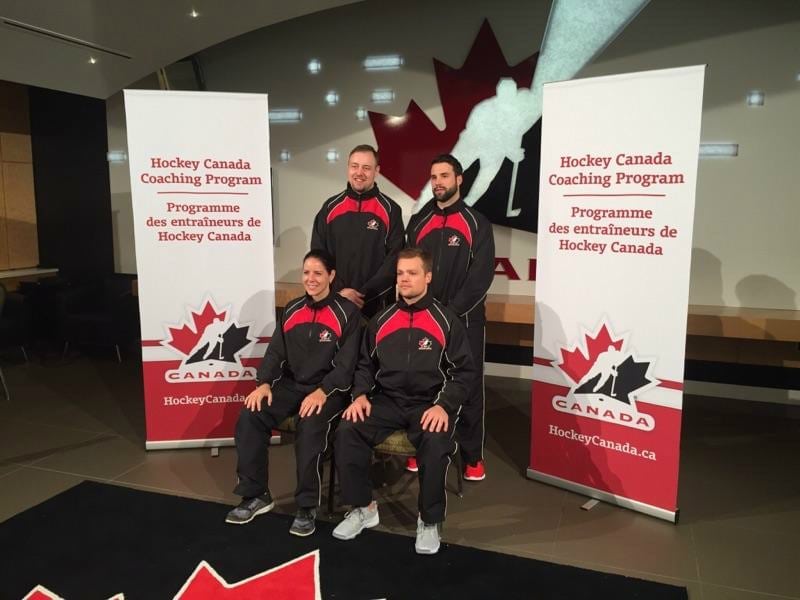Pre Puberty Hockey Development – The Case for Multi-Sport Exposure
Hockey is a unique blend of speed and power endurance, strength, timing, decision-making, creativity, stamina, anticipation, concentration, coordination and hockey specific skill. It is a beautiful game that essentially comes down to the following variables – as players, we are either tracking the puck, the opponent, or we are escaping the opponent, with the goal of putting the puck in the net. The players who excel at this game are those that can efficiently control their centre of gravity, while processing the above attributes and their orientation in space, faster than the rest.
Whether the goal is to make the NHL, CHL, AAA, gain new friends, learn life skills, etc., the recipe for success in hockey in any case is remarkably similar. It requires the development of a well-rounded athlete, with a strong work ethic and a passion for the game.
My experience as a development coach shows me that parents are always looking for the answers to get their child a better shot, improve skating stride, improve speed, stamina, get more creative, etc. They want to do more and more hockey training to gain these things, but is this in the best interest of the developing child? It’s important to understand that the average athlete will have a much steeper learning curve, than the experienced, well-rounded athlete, at developing hockey specific skills. Rather than a sole focus on hockey-specific training, the best thing you can do is bring out the brilliance of your child’s nervous system is through transferable skill development utilizing other sports.
On top of playing hockey, below are some low-cost and easily scheduled activities I recommend as a supplemental “training” regime within a 12 month period, to accelerate hockey skill development.
Racquet Sports: Squash, Tennis, Badminton, Racquetball, Handball.
Individual sport teaches discipline, accountability, mental toughness, preparation, responsibility, and sportsmanship. These sports also work to develop the same energy systems applicable to hockey, while enhancing multi-directional skills – speed, agility, balance, timing, and mind-body control.
Team Sport: Basketball, Lacrosse
These sports develop spatial awareness, strategy, teamwork and creativity, in a fast paced 5v5 game (sound similar to hockey?). It emphasizes defensive and 1v1 play, reaction and anticipation skills, the ability to read players, and explosive multi-directional movement – agility, tracking, positioning, and coordination.
Marital Arts: Judo, Karate, Tae kwon do
These individual sports hone the crafts of self-discipline, humility, concentration, controlling emotions, and respect. They also require building strategies to control your body, as well as your opponents, with skilled footwork and positioning.
Working with us or other hockey coaches is great, but as a young, developing athlete, you’re limiting your child’s ability by focusing them solely on playing hockey. I am not saying don’t play hockey; play as much low organized hockey as you want! But if an athlete truly wants to make it, they have to want to go to the ODR, play street hockey, play shinny, shoot pucks in the garage, stick handle in the basement, play catch, shoot hoops, go to the batting cages, driving range, play racquet sports, and literally anything else that challenges their physical ability and mental processing.
At the end of the day, your goal as a parent should be to make the hockey experience as fun and enjoyable as possible, while helping your child develop a well-rounded skill inventory. If you are successful at this, your young athlete will be far more inclined to put in the right amount of time essential to honing their craft on their own. If the game, and related training, isn’t very fun for your son or daughter, then it doesn’t really matter what you do… it probably won’t work out the way you envisioned anyway.
There is no substitute for smart work, and having fun in the process. We can provide you with the knowledge and instruction, but it is up to the athlete to go do it.



